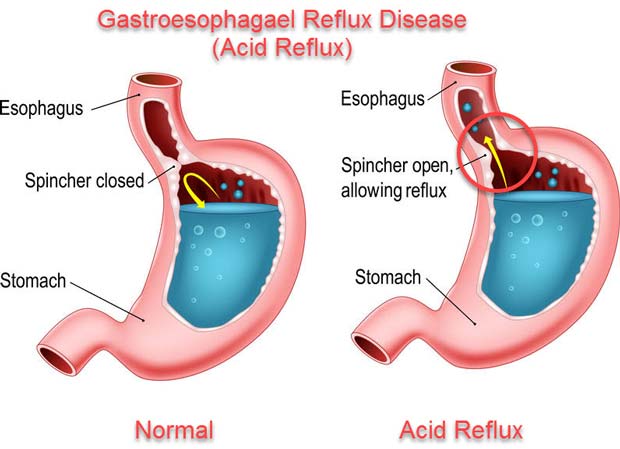[ad_1]
Rolls-Royce’s all-electric Spirit of Innovation takes to the skies for the first time.
Courtesy: Rolls-Royce
Rolls-Royce said Friday its electric aircraft had reached a maximum speed of 623 kilometers per hour (a little over 387 miles per hour), with the firm claiming this made the airplane the “world’s fastest all-electric vehicle.”
In a statement Rolls-Royce — not to be confused with Rolls-Royce Motor Cars, which is owned by BMW — said it believed the so-called “Spirit of Innovation” was the planet’s “fastest all-electric aircraft.”
To this end, it will be submitting three claims for world records to the Fédération Aéronautique Internationale. These are: the aircraft hitting a top speed of 555.9 km/h over 3 kilometers; reaching 532.1 km/h across 15 kilometers; and climbing to 3,000 meters in 202 seconds.
It was during these runs that the aircraft recorded its top speed of 623 kilometers per hour.
The “Spirit of Innovation” is the result of a project called ACCEL, or Accelerating the Electrification of Flight.
Partners in the initiative include electric motor and controller specialist YASA and Electroflight, which Rolls-Royce has described as an aviation start-up. YASA is a wholly-owned subsidiary of Mercedes-Benz.
In terms of funding, 50% has come from the Aerospace Technology Institute in partnership with the U.K. government’s Department for Business, Energy & Industrial Strategy and Innovate U.K.
According to Rolls-Royce, the airplane uses a 400-kilowatt electric powertrain “and the most power-dense propulsion battery pack ever assembled in aerospace.” In September, it completed its maiden flight, soaring across skies in the U.K. for around 15 minutes.
As concerns about sustainability and the environment mount — the World Wildlife Fund describes air travel as “the most carbon intensive activity an individual can make” — discussions around aviation are increasingly focused on how innovations and ideas could cut its environmental footprint.
Over the last few years, a number of companies have sought to develop plans and concepts related to low and zero-emission aviation.
Last September, for instance, a hydrogen fuel-cell plane capable of carrying passengers took to the skies over England for its first flight.
The same month also saw Airbus release details of three hydrogen-fueled concept planes, with the European aerospace giant claiming they could enter service by 2035.
In a recent interview with CNBC’s Steve Sedgwick, Ryanair CEO Michael O’Leary was cautious when it came to the outlook for new and emerging technologies in the sector.
“I think … we should be honest again,” he said on Oct. 20. “Certainly, for the next decade … I don’t think you’re going to see any — there’s no technology out there that’s going to replace … carbon, jet aviation.”
“I don’t see the arrival of … hydrogen fuels, I don’t see the arrival of sustainable fuels, I don’t see the arrival of electric propulsion systems, certainly not before 2030,” he added.
“So it will certainly be after my career in the airline industry is finished … but I hope it will get here before the end of our mortal lives.”
[ad_2]
Source link

